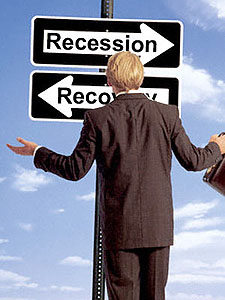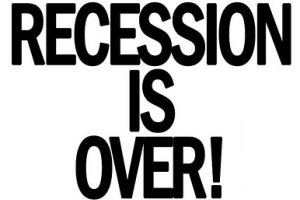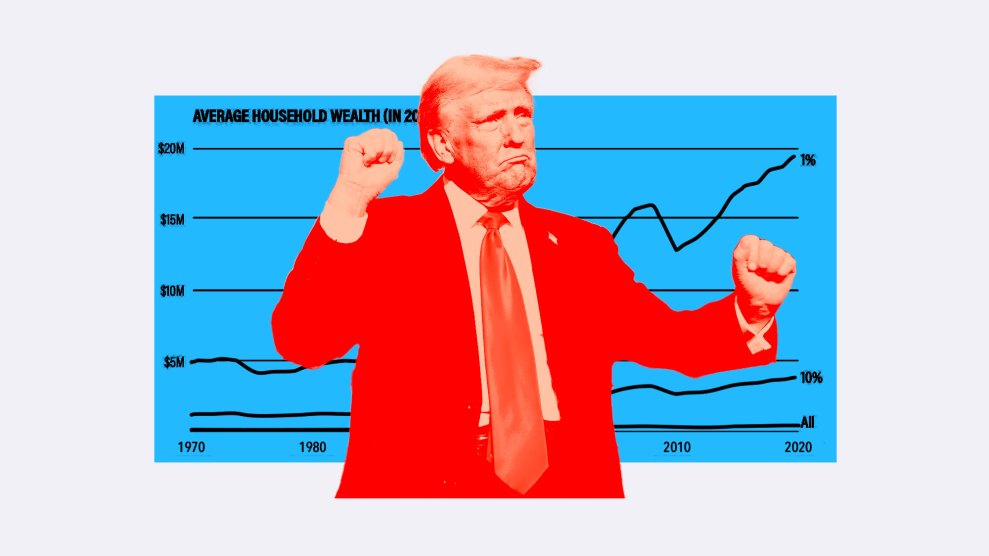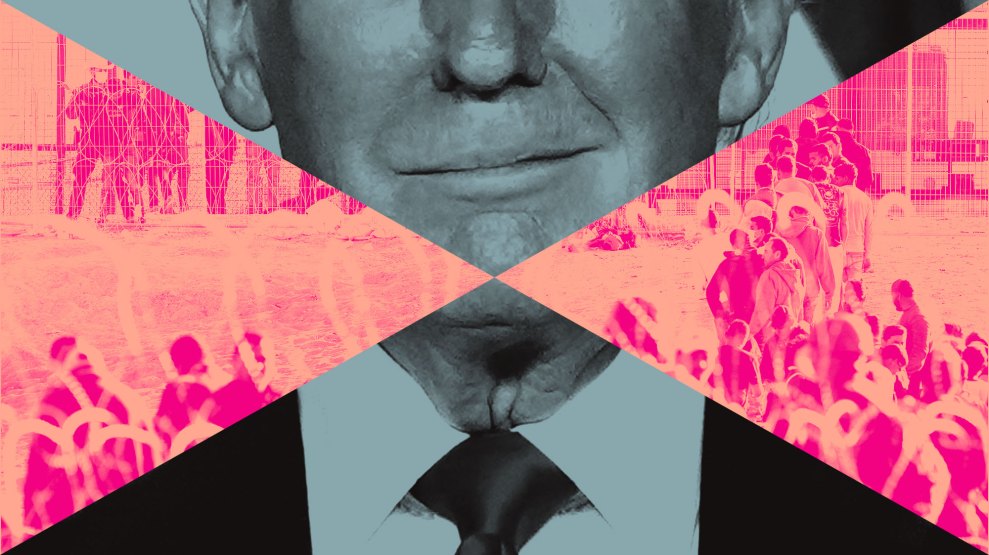
Flickr/<a href="http://www.flickr.com/photos/randomurl/2558566674/">Zevotron</a> (<a href="http://www.creativecommons.org">Creative Commons</a>).
Business Week’s Mike Dorning thinks the economy is on the mend:
While no one would claim that all the pain is past or the danger gone, the economy is growing again, jumping to a 5.6% annualized growth rate in the fourth quarter of 2009 as businesses finally restocked their inventories. The consensus view now calls for 3% growth this year, significantly higher than the 2.1 % estimate for 2010 that economists surveyed by Bloomberg News saw coming when Obama first moved into the Oval Office. The U.S. manufacturing sector has expanded for eight straight months, the Business Roundtable’s measure of CEO optimism reached its highest level since early 2006, and in March the economy added 162,000 jobs — more than it had during any month in the past three years.
Floyd Norris of the New York Times agrees that a lot of people are being too pessimistic:
“Go back and read what people were saying in 1982 or 1975,” said Robert Barbera, the chief economist of ITG. “Nobody was saying, ‘Deep recession, big recovery.’ It is quite normal to expect an abnormally weak recovery. It is also normal for that expectation to be wrong.”
….In 1982, Democrats scoffed at a surging stock market and thought a severe recession would last for a very long time….Change a few words (Reagan to Obama, Democrats to Republicans, 1984 to 2012) and you have an accurate description of the current political climate. Could the Republicans be as wrong now as the Democrats were then?
There’s a lot to this. But just off the top of my head, here are the things that gnaw at me when I hear stuff like this:
- This is a balance sheet recession, not a Fed-induced recession. Paul Volcker caused the 1981 recession by jacking up interest rates and he ended it by lowering them. That’s not going to happen this time.

- In fact, there won’t be any further stimulus from lower interest rates. They’re already at zero, and Ben Bernanke has made it clear that he doesn’t plan to effectively lower them further by setting a higher inflation target.
- Consumer debt is still way too high. There’s more deleveraging on the horizon, and that’s going to make consumer-led growth difficult.
- The financial sector remains fragile and there could still be another serious shock somewhere in the world.
- There are strong political pressures to reduce the budget deficit. That makes further fiscal stimulus unlikely.
- Housing prices are still too high. They’re bound to fall further, especially given rising interest rates combined with the end of government support programs.
- Our current account balance remains pretty far out of whack. Fixing this in the short term will hinder growth, while leaving it to the long term just kicks the can down the road.
- The Fed still has to unwind its balance sheet. That has the potential to stall growth.
- Oil prices are rising. This not only causes problems of its own, but also makes #7 worse.
- Unemployment and long-term unemployment continue to look terrible. Yes, these are lagging indicators, but still.
I don’t expect all of this stuff to be as dire as it sounds, and overall I suspect that we are indeed going to see steady if unspectacular growth over the next few years. But I’m not entirely sure of that, and these are the reasons why. Just thought I’d share.















